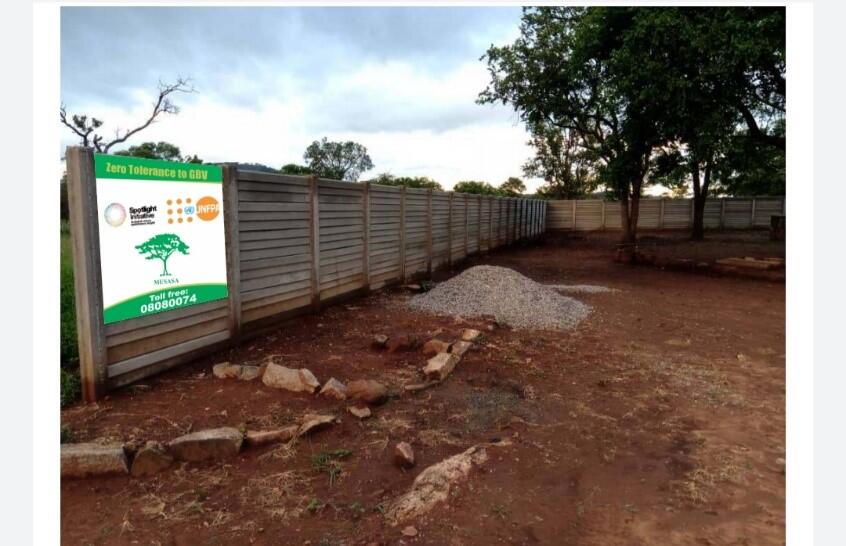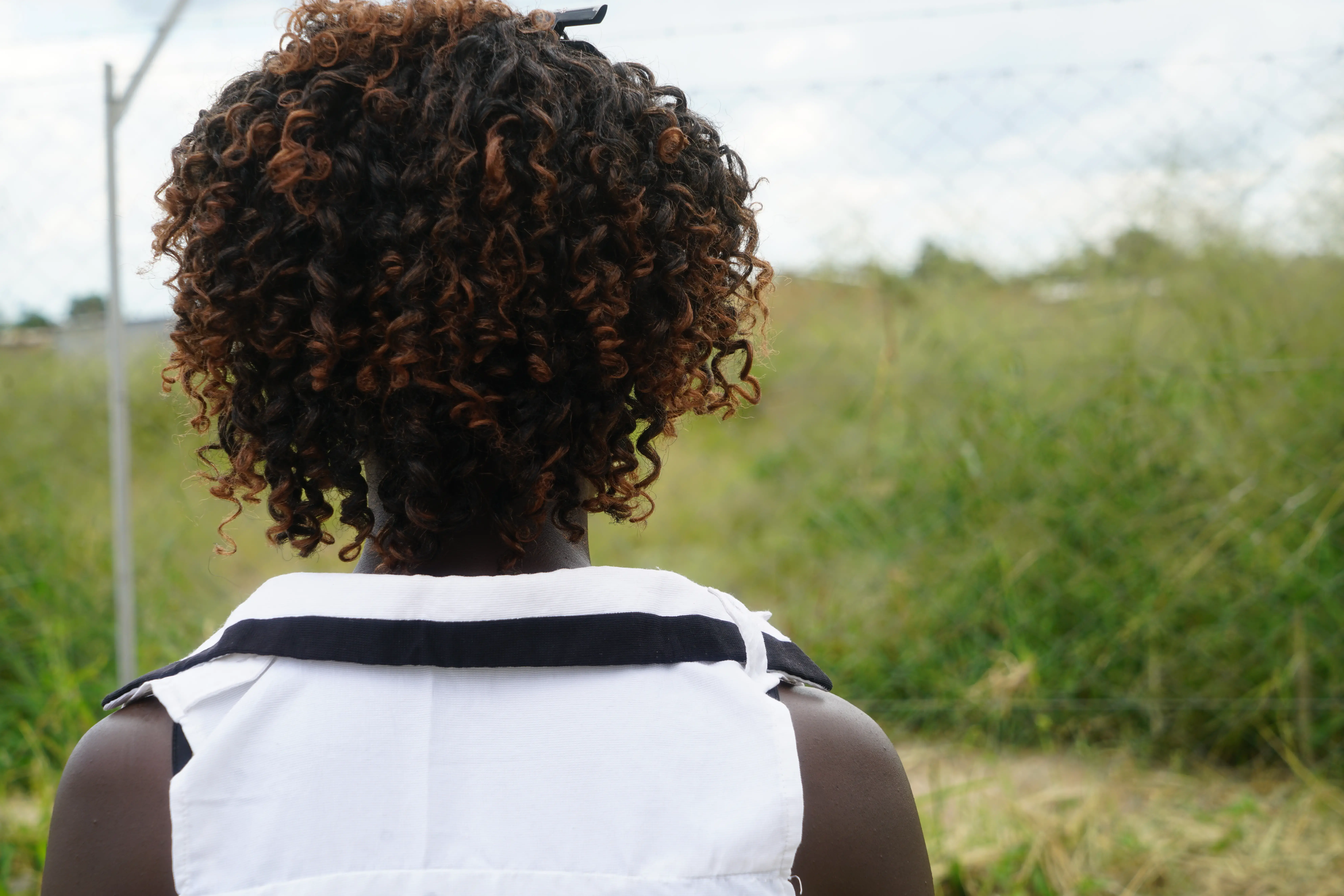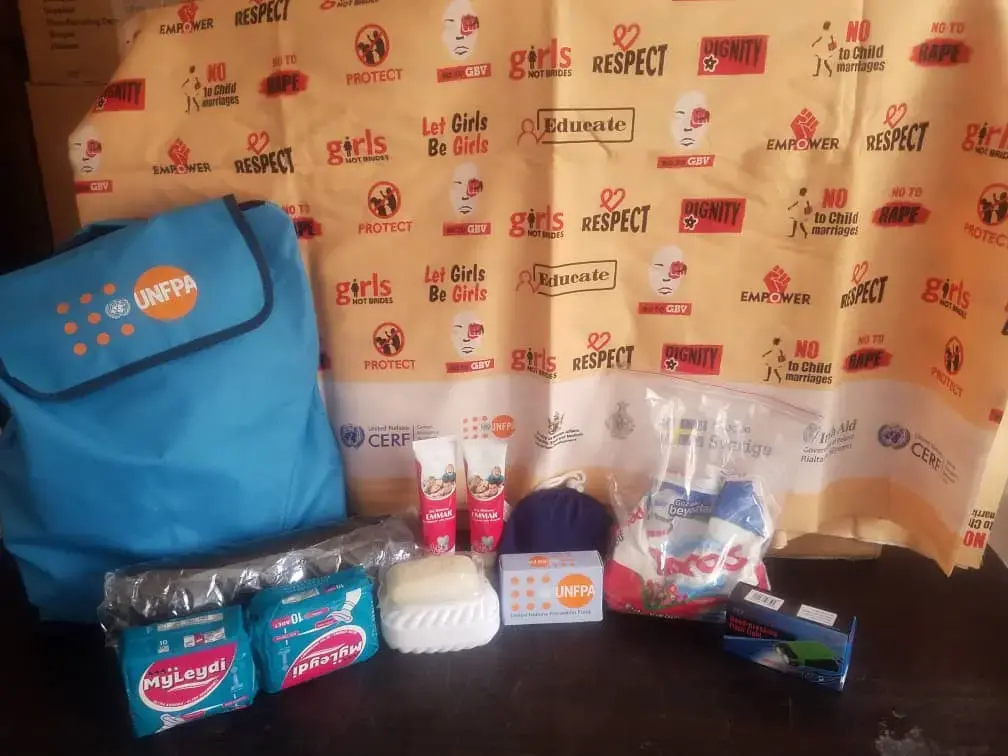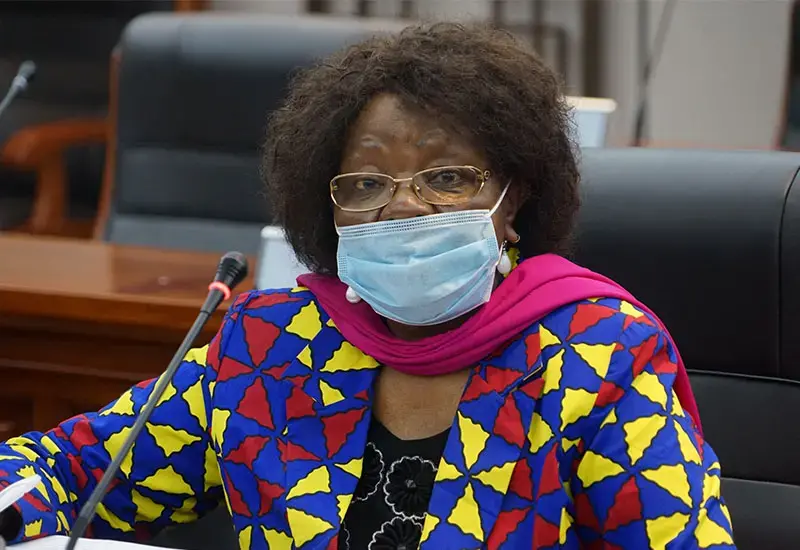“My name is *Lisa, I am 21 years old and an orphan. I am a survivor of gang rape and emotional abuse. I have been staying with my grandmother and 3 siblings.
One day as I was coming from fetching water, a group of men were walking in the opposite direction, I knew 2 of the men. They greeted me and after walking just a few meters one of the men stopped and started proposing love to me. I refused and told him I was not interested. He promised to buy me clothes and take care of me as he had enough money to do so. I still refused. He got angry and pushed the bucket off my head and it fell. At that moment I got scared so much I could not run. He pushed me into a thicket, showed me a knife and threatened to cut open my stomach if I dared to scream. He raped me once and called his friend to rape me too. When they were done, they left me lying on the ground.
When I got home, I told my mother all that had happened to me. She immediately informed the local Case Care Worker, who assisted us getting to the local hospital as soon as possible. After I was treated, I was referred to Musasa Project where I was told I would get further assistance. The incident was reported to the police and investigations immediately started. In the meantime, I was admitted into the GBV shelter as I feared going back home because the perpetrators lived close by.
"I am so grateful for the shelter as I was able to live safely away from the perpetrators until they were arrested. Only a few months ago, the closest shelter had been in Bulawayo, over 40km away from Umzingwane. The newly set up shelter makes it easier for people in the community to access services without the need to travel out of the district."
Umzingwane District is in Matebeleland South province which is characterized by high levels of illegal mining activities, making it a GBV hotspot. The Umzingwane shelter counsellor has had to provide mobile GBV services with other key stakeholders to raise awareness on GBV and create demand for the shelter.
Lisa, is one of the first survivors to have been housed at the Umzingwane Safe Shelter which is run by UNFPA partner, Musasa. The shelter was opened in July 2020 under the European Union funded Global Spotlight Initiative to Eliminate Violence Against Women and Girls. The Umzingwane shelter was set up at the peak of the lockdown and has served a huge purpose as it offers emergency safety services to survivors from the district and other surrounding districts.
“I received counseling, life skills training and a lot of empowerment. I am one of the pioneers of the garden that continues to flourish at the safe shelter,” says Lisa.
Sharon Matingwina, Musasa Project Programmes Officer says other than supporting survivors to access services the shelter has been serving as a reminder to the community on the problem of GBV thereby supporting prevention efforts in the area.
The shelter is a temporary place of safety for survivors of GBV. It accommodates women, girls and accompanying children and has a carrying capacity of 28. Survivors are provided with ongoing counselling to improve their psycho-social wellbeing. A client care plan is developed for each client and is followed carefully by the shelter administrator and the client in reaching the planned objective before discharge or reintegration in community.
“Survivors are also trained in sexual reproductive health rights because GBV is closely linked to women’s sexual reproductive health rights. A thorough case management process is followed so that survivors receive a holistic package of care,” says Sharon.
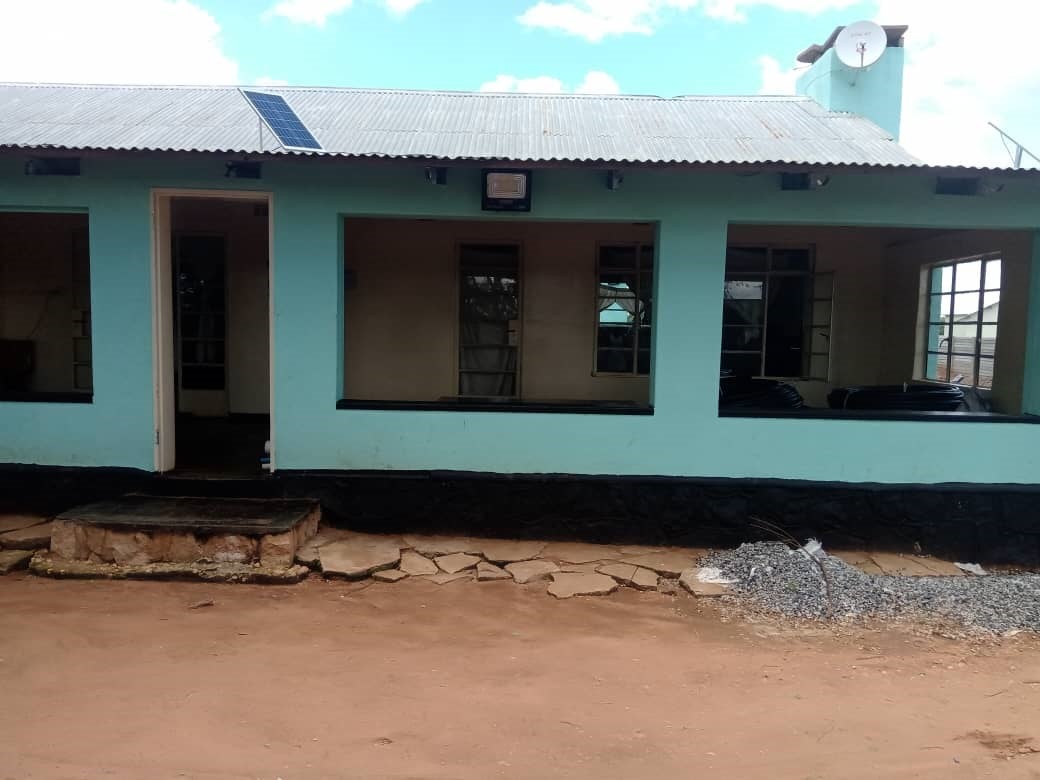
Since its opening, the Safe Shelter has admitted 87 survivors while a total of 348 survivors from Umzingwane have received support through mobile outreach services conducted by the shelter team. Sharon says the mobile counselling have resulted in an increase in referrals to the shelter.
The Spotlight Initiative is a major global collaboration to end all forms of violence against women and girls, supported by the EU and implemented by UN agencies and partners. In Zimbabwe, UNFPA is among the six UN agencies that are implementing the programme. These are ILO, UNDP, UNESCO, UNICEF and UN Women.

